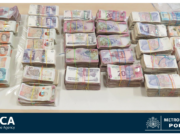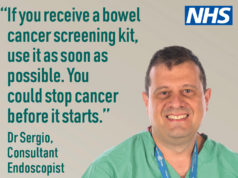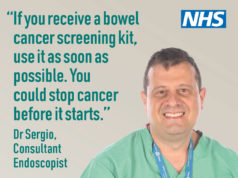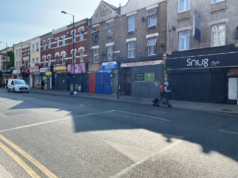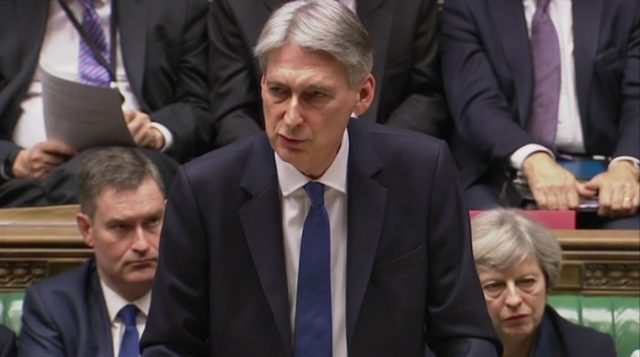
National Insurance contributions to rise from 9% to 11% before end of decade
Self-employed people were worst hit by Chancellor Philip Hammond’s budget, with many facing the prospect of a £240 hike in National Insurance contributions.
The rate for Class 4 NICs paid by self-employed individuals will rise from 9% to 11% from two years from April 2018, under measures announced in the budget on Wednesday.
But the opposition Labour Party criticised it for raising only £2 billion extra in taxpayer funds and the Liberal Democrats called it a “jobs tax”.
Mr Hammond’s budget also brought £2 billion extra for social care services in England and help for firms that are likely to be hit by business rate rises.
‘Disparity’ in system
The chancellor told parliament that employees and self-employed people were being treated different in the tax system and that this was costing the Treasury £5 billion a year.
He said: “That is not fair to the 85% of workers who are employees. To be able to support our public services in this Budget and to improve the fairness of the tax system, I will act to reduce the gap to better reflect the current differences in state benefits.”
The government said a separate category of National Insurance payments known as Class 2 are already due to be abolished from 2018 and that, taken together, the two changes meant NI payments for self-employed people would be on average only 60p a week higher.
Liberal Democrat Treasury spokeswoman Baroness Kramer said: “This is a tax on builders, taxi drivers and window cleaners, some of Britain’s hardest working people.
“This hits the gig economy where people are already insecure and facing rising prices and job uncertainty. And on International Women’s Day, it will hit over one-and-a-half million women.”
The change appeared to come despite a manifesto commitment not to raise tax or NICs before 2020.
“A Conservative Government will not increase the rates of VAT, Income Tax or National Insurance in the next Parliament,” the document says on page 27.
Business rates relief
Meanwhile pubs and small firms will benefit from a £435 million emergency relief package for those set to be hardest hit by business rate changes.
Nine out of ten pubs in the country will be given a £1,000 discount on their business rates this year, while firms losing small business rate relief will pay no more than £50 more each month.
A package of relief totalling £435 million was announced for small businesses. Firms losing small business rate relief will have their monthly increase capped at £50 for a year, some 90% of pubs will be given a £1,000 discount on business rates in 2017, and councils will be given a £300 million fund to deliver relief to small businesses.
Mr Hammond also announced another 110 new free schools will be opened, including a new generation of grammar schools. He pledged free school transport to children on free school meals who attend a grammar, and £216 million will go into repairing existing schools.
There will also be a new type of qualification – the T-level – which the chancellor said will improve vocational education and be reason to increase the hours for technical training.










